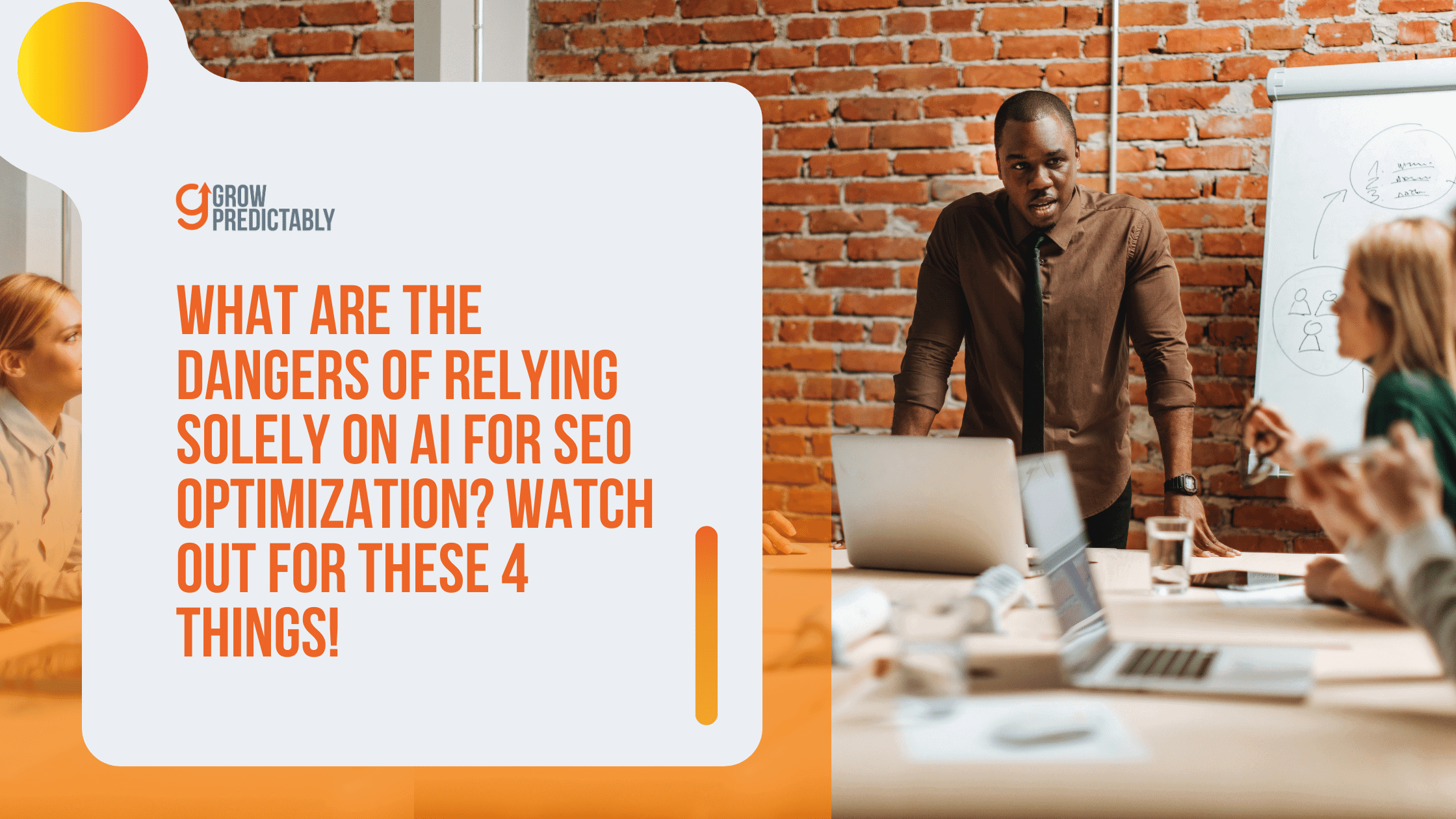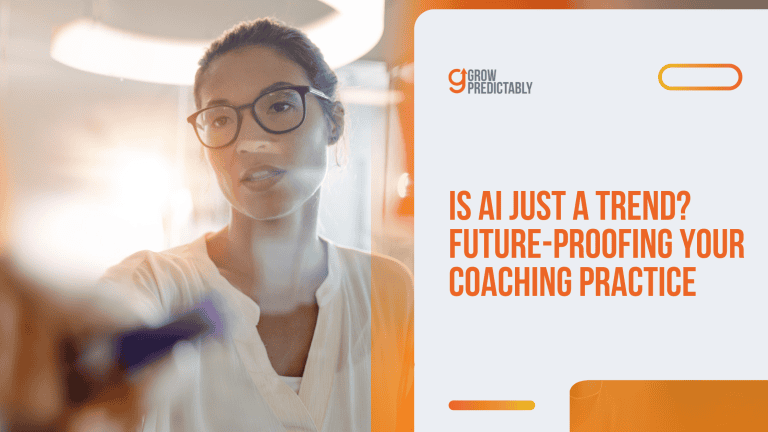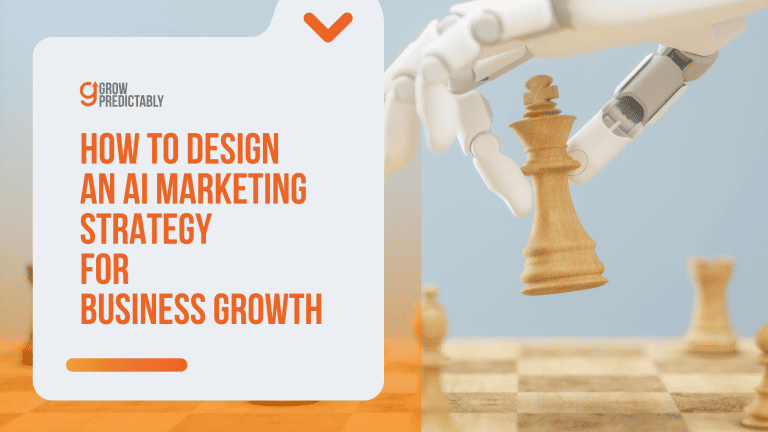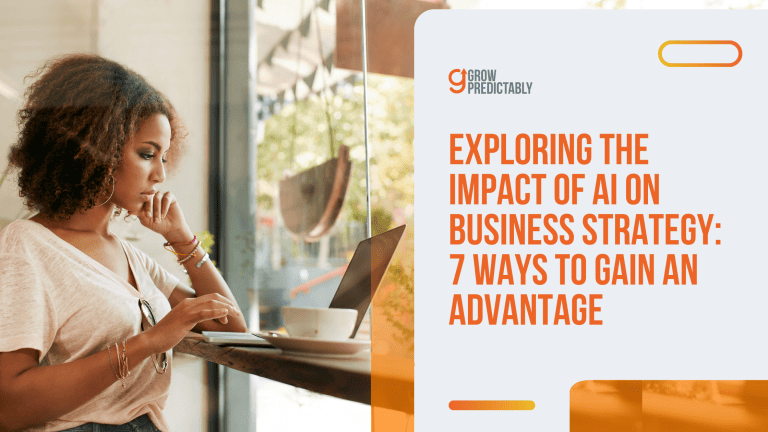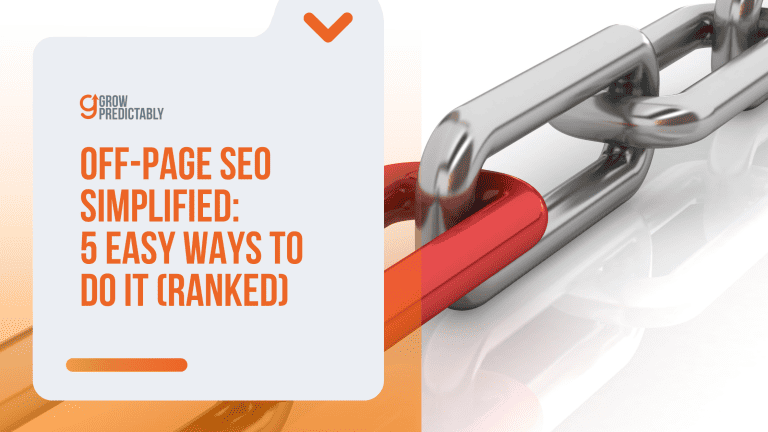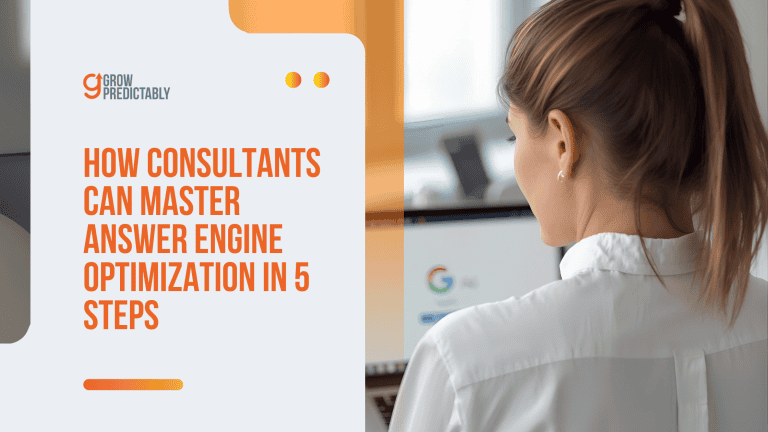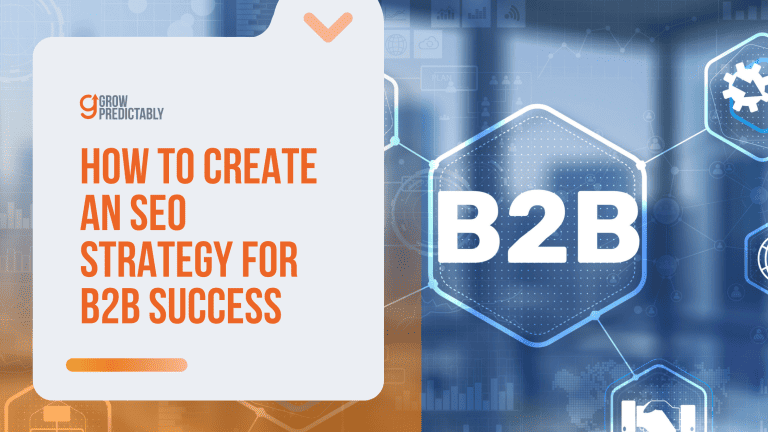What Are the Dangers of Relying Solely on AI for SEO Optimization? Watch Out for these 4 Things!
You know, technological advancements have been both a blessing and a curse for many of us.
On one hand, artificial intelligence has made things way easier.
I mean, who wouldn’t want a quick fix to get their website on top of search results, right?
But hold on a sec…
What if relying solely on AI for SEO optimization isn’t all it’s cracked up to be?
Could there be some hidden risks that aren’t immediately obvious?
Hmm, let’s explore this further and consider four potential pitfalls that come with putting too much trust in AI when it comes to improving our websites’ search engine rankings.
Trust me, you’ll want to watch out for these!
Understanding the Role of AI in Search Engine Optimization
AI, or Artificial Intelligence, has a big job in Search Engine Optimization (SEO).
It brings tools and tricks that lend a hand to website owners, digital marketers, and SEO experts.
Their mission? To boost how easily people spot and enjoy their websites on search engines like Google.
Let’s peek at some cool things AI does to supercharge SEO:
- Supercharged Keyword Exploration: AI tools are like treasure maps, helping us find the right words people type into search engines. This helps us spruce up our content to match what folks are after.
- Content Magic: Imagine having a helper that cooks up awesome content ideas. AI can do that! Plus, it whispers tips on how to make AI-generated content shine and show up better in search results.
- Talking the Talk with NLP: AI can chat with search engines in a way they really get. This means better search results that match what we’re looking for.
- Smart Website Tweaks: AI checks our website and says, “Hey, how about changing this title or picture description?” These little changes can boost our site’s chances of being on top.
- Tech Stuff Made Easy: Sometimes, our websites need a tune-up. AI spots issues like broken links or slow pages, helping us keep our sites in tip-top shape.
- Keeping Score with Search Rankings: AI keeps an eye on how we’re doing in search results. It gives us the scoop on what’s working and where we need to step up our game.
- Link Secrets: AI helps us find good websites to link to and shows us who’s talking about us online. It’s like having a backstage pass to the web conversation.
- User-Friendly Vibes: AI helps ensure people have a great time on our websites. The happier they are, the more search engines take notice!
- Spying on Competition: Ever wonder what our rivals are up to? AI peeks at their websites and tells us their tricks and treats so that we can do even better.
- Talking with Voice Search: AI knows how people talk to their voice assistants. It helps us ensure our content is ready for those friendly voice searches.
- Guessing the Future: AI takes a look back at what happened before and guesses what could happen next with search engines. It helps us get ready for surprises.
- Reports Made Easy: AI makes neat and tidy reports about how we’re doing. It’s like a report card that tells us where we’re acing it and where we could improve.
AI’s impact on marketing is the same as how it affects SEO. It digs deep into data to uncover smart insights, takes care of boring, repetitive tasks, and dances gracefully with the ever-shifting rules of search engines.

But remember, while AI is the superhero sidekick, human smarts and clever planning are still the secret sauce for acing optimization.
Counting entirely on AI for SEO might seem like a shortcut, but it has its fair share of pitfalls.
Oh no!
AI has definitely gotten smarter and can lend a hand in boosting your SEO game, but there are some things it just can’t replace human smarts for.
What Are the Dangers of Relying Solely on AI for SEO Optimization?
Danger #1: Lack of Human Insight
Despite its incredible capabilities, did you know AI still doesn’t quite get us humans?
It’s like trying to understand a beautiful piece of art without the ability to see color.
Sure, it can analyze patterns, crunch numbers, and process data at an astonishing speed, but when it comes to understanding human emotions, cultural nuances, or the subtle humor in a sarcastic comment, it falls short.
Case in point: a coffee shop promoting ‘iced coffee’ with chilly visuals during winter. Sure, AI might see the word match, but it won’t feel the frosty disconnect.
Humans, on the other hand, get it. We know what clicks, what resonates, and what’s just plain awkward.
Inject your personal emotions, thoughts, and perspectives to make your AI-generated content more authentic and relatable.
A good SEO strategy isn’t just about getting to the top of search results; it’s about connecting with your audience on a deeper level.
And let’s face it; no AI can do that as well as a human can.
So, while AI can certainly aid us in our SEO endeavors, let’s not forget the importance of human insight.
After all, we’re trying to reach people, not machines! Let’s remember to keep our SEO strategies human-centric because, at the end of the day, it’s people who are reading our content, clicking on our links, and buying our products or services.
Danger #2: Cookie-cutter Strategies and Creativity Constraints
Imagine a world where every website looked and felt the same.
BO-RIIING
Well, that’s the risk we take when AI becomes the sole master of SEO strategy. It might sound fancy that AI can do a lot, but it can also push us into a creative corner.
Here’s the deal: AI loves patterns. It spots what works and applies it everywhere.
But guess what? SEO isn’t just about formulas; it’s about capturing attention, making hearts race, and sparking curiosity.
That’s where humans shine. We’re the creators of innovation, the champions of uniqueness.
While using AI, continue to seek inspiration from various sources, such as books, art, and human interactions. This helps maintain a well-rounded creative approach.
Let’s say AI crafts content that matches the trends perfectly, but it might forget the human spark.
The unexpected twist, the charming wit, or that funny reference – the magic that keeps people coming back for more.
AI, well, it might miss the memo on those.
Think of it like baking cookies. AI might bake precise and perfect cookies, but they could be missing the secret ingredient: soul.
Humans sprinkle that soul, that flair, that essence that sets things apart. Without it, everything tastes… well, the same.
In a world where AI reigns unchecked, our websites could become clones of each other, lost in a sea of sameness. That’s not how we stand out.
So, while AI is a tool in our belt, we can’t forget that we’re the ones who paint the big picture. Our creativity is the color that AI can’t mimic.
Balancing AI’s number crunching with our imagination is key. Let’s ensure our websites are like a box of assorted chocolates, not a pile of identical cookies.
Danger #3: Over-optimization and Penalties
I know, you’re excited about boosting your website’s visibility, so you let AI take the reins.
But here’s the catch: AI doesn’t always know when to hit the brakes.
It might go a bit too far, trying to impress search engines with a flood of keywords and tactics. It’s like pouring too much hot sauce on your favorite dish – things can get overwhelming, and not in a good way.
So, what’s the big deal with over-optimization?
Well, search engines are smart cookies. They can sniff out when you’re trying too hard to game the system. They might just slap your website with penalties when they catch wind of this.
Ouch, right? Your hard-earned rankings could plummet faster than a rollercoaster drop.
Nobody wants that, trust me.
PENALTIES RELATED TO AI-GENERATED CONTENT CAN INCLUDE:
- Plagiarism and Copyright Infringement
- Misinformation and Disinformation
- Violation of Privacy
- Defamation and Libel
- Regulatory Violations
- Ethical Concerns
- Trademark Infringement
- Loss of Creative Control and Originality
- Job Displacement and Economic Impact
- Litigation Costs
Penalties can mean less visibility, fewer clicks, and a drop in your audience’s trust. And let’s face it, undoing those penalties can be like trying to unburn toast – not easy.
But don’t sweat it too much! There’s a silver lining. You can steer clear of this danger zone by teaming up AI’s data-crunching superpowers with a sprinkle of human wisdom. It’s like having a co-pilot to help you navigate.
Remember, balance is key. Let AI do its thing, but don’t forget to add your human touch to keep things on track.
It’s all about finding that sweet spot between AI magic and human finesse.
Danger #4: Outdated or Inaccurate Content
AI is speedy, no doubt about it. But it’s not always the best at keeping up with the latest trends, news, and changes in human preferences.
Imagine if a robot picked out your wardrobe – you might be wearing last year’s fashion! Similarly, if AI churns out your SEO content without staying updated, your audience could be reading yesteryear’s news, which will not impress anyone.
You see, AI doesn’t have a crystal ball to predict the future. It relies on patterns and data from the past, which might not always reflect the current reality. So, if your content is all AI-generated, you might end up sharing outdated advice or information that’s no longer relevant.
Schedule regular content audits to identify outdated or irrelevant content on your website.
Now, let’s talk about accuracy.
Have you ever played the telephone game, where a message gets passed along, and by the time it reaches the end, it’s completely garbled?
AI can sometimes play that game, too.
It might misunderstand a context, generate slightly off content, or miss the mark on the tone you were aiming for.
Just like an out-of-tune guitar, it doesn’t sound quite right.
The consequences? Your audience might question your credibility if they catch wind of inaccuracies.
Imagine reading an article about cooking techniques that suggests adding salt to a cake for that “extra flavor kick” – yikes, that’s a recipe for disaster!
So, it’s like this: relying solely on AI for your SEO content is like relying on a robot chef to cook up a storm.
While it’s quick and can follow a recipe, it might not know when to switch up ingredients or keep things fresh.
To keep your content game strong, it’s wise to blend AI’s efficiency with a human’s sense of what’s hot and what’s not.
That way, you won’t end up serving yesterday’s leftovers to an audience hungry for today’s top-notch insights.
Balancing AI and Human Input in SEO
By blending the accuracy of AI with a personal touch, you can enhance your SEO tactics to not just secure better positions on search engines but also genuinely resonate with your audience.
Essentially, teaming up AI and humans in search engine optimization brings together the finest aspects of both, leading to a well-rounded and successful strategy.
Now, let’s get practical. Here are a few ideas to make this happen:
Keyword Research and Analysis
AI: Use AI tools to identify relevant keywords, search volumes, and trends efficiently.
Human: Apply human understanding to choose keywords that align with your content’s intent and context. Consider user intent and nuances that AI might miss.
Content Creation
AI: Generate content drafts using AI, which can speed up the process and suggest data-driven topic ideas.
Human: Craft high-quality, engaging content that resonates with your target audience. Incorporate storytelling, creativity, and expertise that AI cannot replicate.
On-Page Optimization
AI: Use AI tools to analyze on-page elements like title tags, meta descriptions, and header tags for optimization opportunities.
Human: Ensure that on-page elements are optimized for search engines and human readability and engagement.
Technical SEO
AI: Employ AI to perform website audits, identify technical issues, and suggest improvements.
Human: Implement complex technical fixes, as AI might lack the contextual understanding required to address intricate website problems.
Link Building
AI: Utilize AI to identify potential linking opportunities and analyze competitors’ link profiles.
Human: Develop genuine relationships with other websites for organic link-building. Create valuable content that naturally attracts backlinks.
Data Analysis
AI: Process and quickly analyze large amounts of data, identifying trends and patterns.
Human: Interpret AI-generated insights, make strategic decisions based on the data, and adjust strategies based on real-world developments.
Adapting to Search Engine Algorithms
AI: Monitor algorithm updates and their impact on search rankings.
Human: Respond to search engine algorithms with flexible strategies, focusing on user experience and content quality.
User Experience
AI: Optimize user experience through data-driven insights like page load times and user behavior.
Human: Ensure a seamless and intuitive user experience that caters to human needs and preferences.
Social Media and Engagement
AI: Automate social media posting and engagement based on data-driven schedules.
Human: Interact authentically with users, respond to comments, and adapt content for social media platforms.
Testing and Experimentation
AI: Conduct A/B testing and analyze results to optimize conversion rates.
Human: Design and interpret experiments creatively, considering qualitative factors that AI might overlook.
Ethical Considerations in AI-Driven SEO
But hold on; there’s more to this exciting journey than meets the eye!
As we embrace the power of AI in shaping our SEO strategies, there’s an important matter to consider: ethics.
We need to take a moment to ponder the ethical side of this digital transformation. While AI can offer significant benefits in optimizing SEO strategies, several ethical considerations need to be taken into account:
- Transparency and Accountability: AI-driven SEO strategies must be transparent about using AI and its impact on website rankings. Businesses and SEO professionals should be open about their methods and avoid using AI to manipulate search engine algorithms in ways that deceive users or violate search engine guidelines.
- Algorithm Bias: AI algorithms can inadvertently perpetuate biases present in the data they were trained on. This bias can impact search results, potentially leading to unequal representation or visibility for certain groups. Developers must ensure their AI models are trained on diverse and unbiased data to prevent discriminatory outcomes.
- User Privacy: AI-driven SEO often involves collecting and analyzing user data to understand search behavior. Protecting user privacy and obtaining proper consent for data collection is crucial. Personal information should be handled responsibly and in compliance with relevant data protection regulations.
- Deceptive Practices: Using AI to generate spammy or low-quality content, engage in keyword stuffing, or engage in other “black hat” SEO techniques can harm the user experience and damage the credibility of search engines. AI should be used to create valuable and relevant content that genuinely helps users.
- Content Originality: AI tools can generate content quickly, but there’s a risk of plagiarism or creating content that’s too similar to existing content. Ensuring that AI-generated content is original and doesn’t infringe upon copyright or intellectual property rights is important.
- Unintended Consequences: AI algorithms can sometimes produce unexpected or unintended results. SEO professionals should be cautious when implementing AI-driven strategies and regularly monitor their impact to avoid negative consequences.
- Dependency on Algorithms: Relying solely on AI-driven SEO strategies can lead to a lack of human oversight and understanding. Balancing AI automation with human expertise is crucial to ensure that ethical considerations are not overlooked.
- User Experience: While optimizing for search engines is important, user experience should not be compromised. AI-generated content should be informative, engaging, and relevant to users’ needs rather than focusing solely on search engine rankings.
- Safeguarding Competition: AI can potentially provide a competitive advantage to those who can afford advanced AI tools and resources. This could result in larger companies dominating search rankings and stifling smaller competitors. Search engines and businesses should ensure a level playing field.
- Regulatory Compliance: Depending on the jurisdiction, there might be regulations governing the use of AI, data collection, and online marketing practices. Adhering to these regulations is essential to avoid legal and ethical complications.
FAQs
As the world continues to march towards a more technologically advanced era, integrating Artificial Intelligence (AI) in various fields has become increasingly popular.
When it comes to SEO, AI algorithms have become an integral tool for website owners to maximize their online visibility. While AI optimization has benefits, many experts have pointed out that relying solely on this technology has inherent risks.
In this section, we aim to address the FAQs surrounding the dangers of relying solely on AI for SEO optimization.
Conclusion
So, there you have it! AI and SEO are a powerful duo in today’s digital realm. AI speeds things up and gets them precise, but it can’t catch all the human stuff like feelings and culture.
Creativity and human smarts bring out the best strategies.
Mixing AI with human insights stops us from going too far with optimization. Outdated info? That’s a risk with just AI.
Don’t forget AI isn’t the boss. Human minds see what they can’t. Ethics matter, too – AI needs rules and fairness.
Let’s remember AI helps, but humans lead. The road ahead? More AI and more smart humans working together for digital success!

